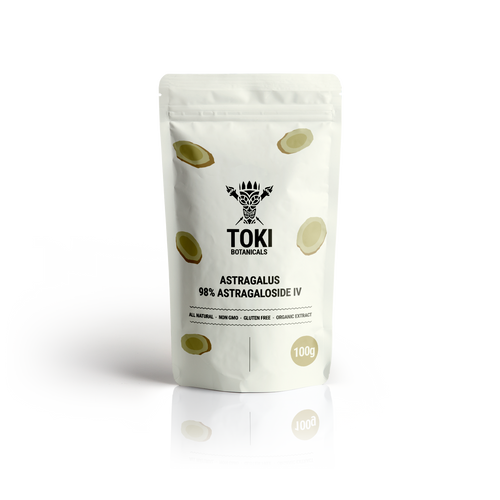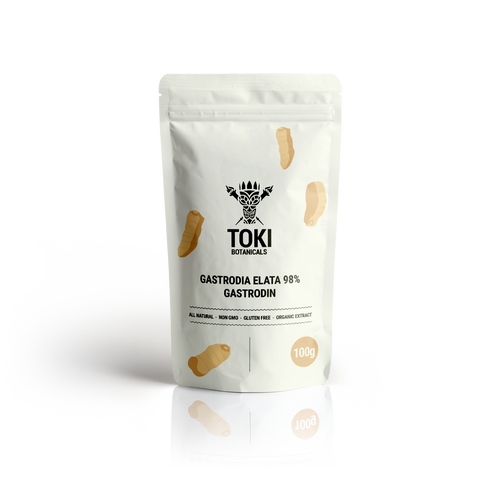Product Description
Chrysin is a nutrient that comes from passionflower, and is touted as having the ability to reduce serum estrogen levels, and possibly increase free and total testosterone. There are some conflicting studies though due to poor absorption. Since chrysin is absorbed at a very low rate in the body, it is recommended to take it with something like piperine or ginger. Black pepper extract has been shown to increase the absorption of many substances, and looks like it really improves the ability of chrysin to be more bio-active. Research shows that chrysin possesses anti-inflammatory, anti-oxidant, anti-diabetic, anti-cancer, anti-anxiety, anti-allergenic, and possibly even anti-HIV properties. One very interesting study showed that chrysin contains flavanoids that inhibit HIV-1 activation through a unique mechanism. It seems to interfere with factors that promote viral transcription. (1)
As far as chrysin's claim to fame as an aromatase inhibitor, some studies have shown that it wasn't well absorbed, while other studies suggested that it increases testosterone levels, sperm motility and concentration. Abnormal sperm rate decreased as well. For men looking to decrease testosterone conversion, combining chrysin with 1 or two other anti-aromatase nutrients such as nettle root, oleuropein, apigenin, resveratrol, white button mushroom, and wheat bran for added effects. Other studies with chrysin have shown positive effects when used at a high enough dose or with bio-available enhancers. Animal studies have also shown that chrysin helps to increase endogenous anti-oxidants such as glutathione, catalase, and SOD. (2)
As far as it's anti-cancer properties, certain flavanoids in chrysin have shown to illicit a protective effect on several types of cancer. One study showed the obvious effects that chrysin had on cancer by increasing pro-apoptotic proteins such as P53, Bax, Bad and Bak. Another study showed an inhibiting effect on precancerous lesions in kidneys. Two other studies showed very good potential effects towards leukemia and breast cancer. (3,4) The effect was due to a regulating effect on inflammation, apoptosis, and hyperproliferation. The anti-inflammatory effects were seen for several inflammatory pathways such as TNF-a, IL-6, NF-kB, COX-2, and iNOS.(5,6)
Suggested use : 750 mgs twice per day
References







